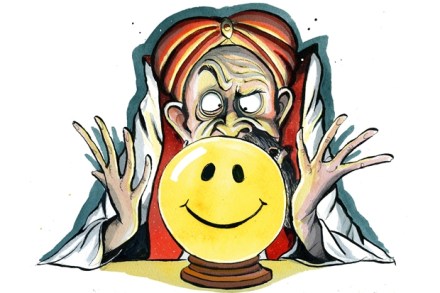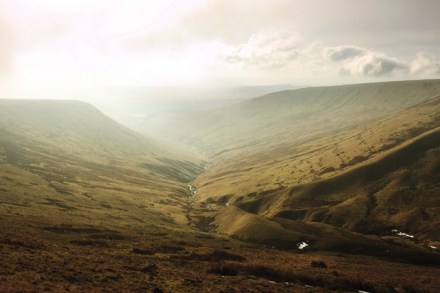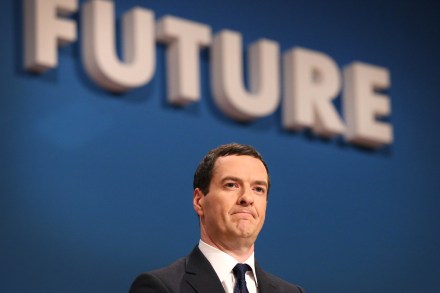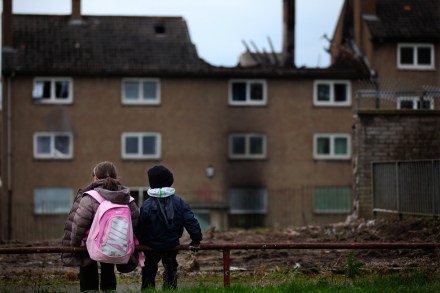Low life | 12 January 2017
Still depressed, or, as Matthew Arnold put it, ‘the foot less prompt to meet the morning dew’, I got out of bed one afternoon and exchanged the soggy Devon hills for the tower blocks of Canary Wharf. I went at the invitation of Dr Ivan Mindlin, orthopaedic surgeon, Las Vegas casino house doctor during the mob-run era of ‘Lefty’ Rosenthal and Tony ‘the Ant’ Spilotro, and one of the most successful sports bettors in US history. He kindly put me up in an ‘executive’ room at a hotel round the corner from his 18th-floor apartment. The first night we went for dinner at a Chinese restaurant. We went there on



















